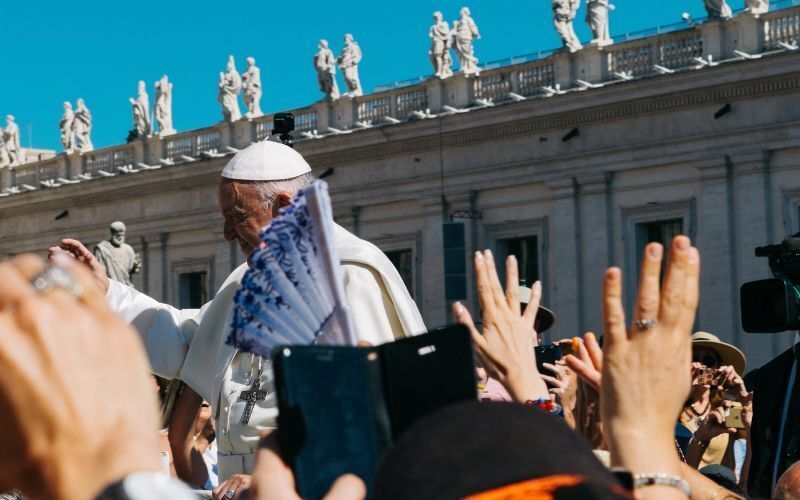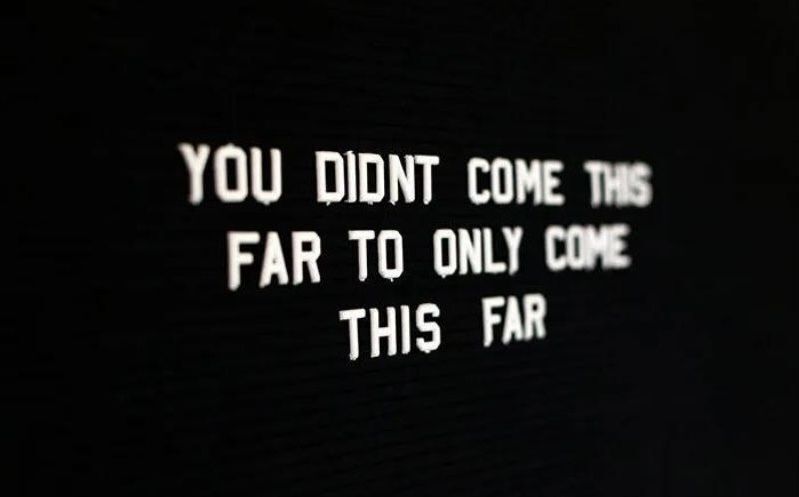Let us All Become Souls on Fire

Photo by Kai Pilger on Unsplash
Like a breath of fresh air, Jorge Mario Bergoglio became Pope Francis on March 13, 2013, in honor of St Francis of Assisi, the patron saint of Creation, which includes acceptance, respect, and care for all species and all the planet. In his life, Pope Francis demonstrated care for the underserved, for those diminished by institutions of power and control. Like Hugh O’Flaherty, an Irish Priest at the Vatican during World War II (made famous in the movie The Scarlett and The Black), Pope Francis called for an understanding of Unconditional Love, Compassion, and Hope. Hugh O’Flaherty saved over 6,500 Jews and Servicemen during his time at the Vatican. “Agape, the love of each one of us for the other, from the closest to the furthest, is the way of salvation and of the Beatitudes,” said the Pope. Such unconditional love is too rare in these days. Pope Francis has given us the example of such love, not only in word but also in his life.
Pope Francis, like St Francis, called for a new understanding of our relationship with creation. “Right now, we don’t have a very good relation with creation,” he shared. He was unafraid to speak truth to power. Recently he sent a letter to all American bishops denouncing the President’s mass deportation agenda; he wrote: mass deportation of undocumented immigrants “damages the dignity of many men and women, and of entire families, and places them in a state of particular vulnerability and defenselessness… what is built on the basis of force, and not on the truth about the equal dignity of every human being, begins badly and will end badly.” He also slammed Vice President Vance’s understanding of the medieval theological understanding of love, Ordo Amoris, the Order of Love, love as hierarchical, starting with family, moving to neighbor, then to fellow citizens in your nation, “after that,” Vance argued, “you can focus and prioritize the rest of the world.” Pope Francis disagreed with such an understanding of true love, unconditional love, love for all creation.
Throughout his public life, Francis was noted for his humility, his emphasis upon God’s mercy and compassion, his international visibility, his concern for the poor and the oppressed, and his commitment to interreligious dialogue, interfaith understanding and engagement. Francis made women full members of dicasteries in the Roman Curia, demonstrating his respect for the place of women. “We have to work harder to develop a profound theology of women in the Church. The feminine genius is needed.” He maintained that the Catholic Church should be more sympathetic toward members of the LGBTQ community. A person once asked Pope Francis, in a provocative manner, if he approved of homosexuality. He replied with another question: “Tell me: when God looks at a gay person, does he endorse the existence of this person with love, or reject and condemn this person?' We must always consider the person.” Francis was an advocate for the inherent right to “dignity of every person,” their right to meaningful community, and their right to manifest their unique gift in the world. His theology, beyond all religious, political, economic, ethnic, social labels was person-centered. Being a person is the only label that really counts, and should be the basis of our social order.
Francis was critical of unbridled capitalism and greed, consumerism and avarice. He made action on climate change a leading focus of his papacy. In international diplomacy, Francis criticized the rise of right-wing populism, dictatorships and authoritarian government.
It is worthy of noting that Pope Francis died near to Passover, near to the celebration of Easter, on Easter Monday, and a short time after the holy month of Ramadan in Islam. The story is that St Francis of Assisi went to the Middle East during the Crusades and met with Sultan al-Kamil, to help bring peace, to be a peacemaker. During the midst of the Fifth Crusade, during intense battle, St Francis stepped across the line of battle to engage with the Sultan. It is said that the Sultan knew of St Francis and respected his spirituality, that they had a most enlightening dialogue. That meeting suggested something very profound: that when the quality of spirituality in our lives is higher, peace on earth and goodwill among all peoples becomes possible. What is each of us doing in our spiritual practice and service to amplify spirituality in our personal lives?
Let us ask ourselves, whether we be Christian, Jew, Muslim, or otherwise, what is the legacy of this spiritual giant that we are called to promote amongst ourselves. Let us not allow his passing to put out the light of his inspiration. As the great teacher, Elie Wiesel, shared: “Let us all become Souls on Fire.” May the divine light grow within each of our hearts, to illuminate the darkness we find around us. We end this appreciation with a quote from Pope Francis: “God is the light that illuminates the darkness, even if it does not dissolve it, and a spark of divine light is within each of us.”
The Interfaith Council of Southern Nevada

